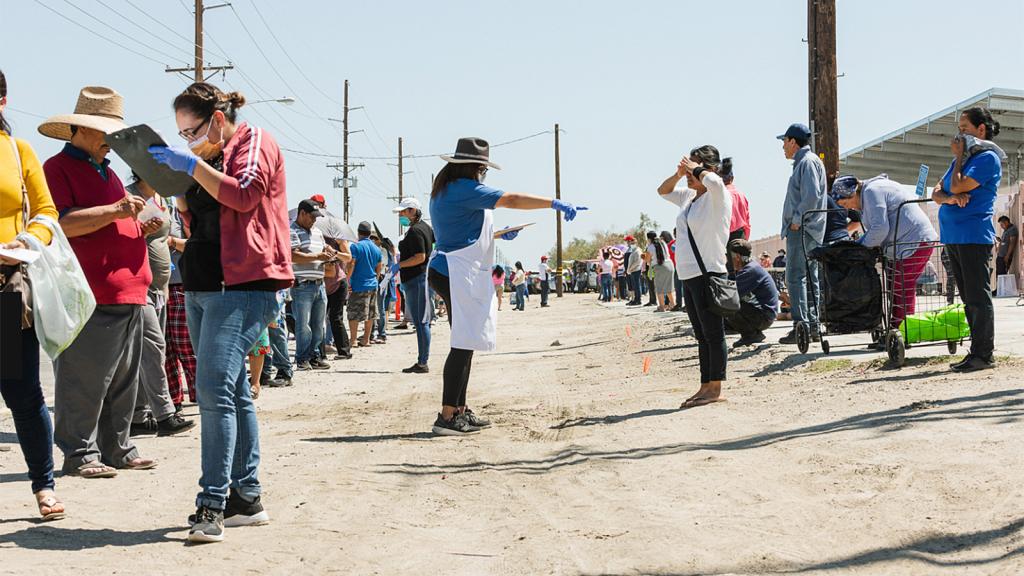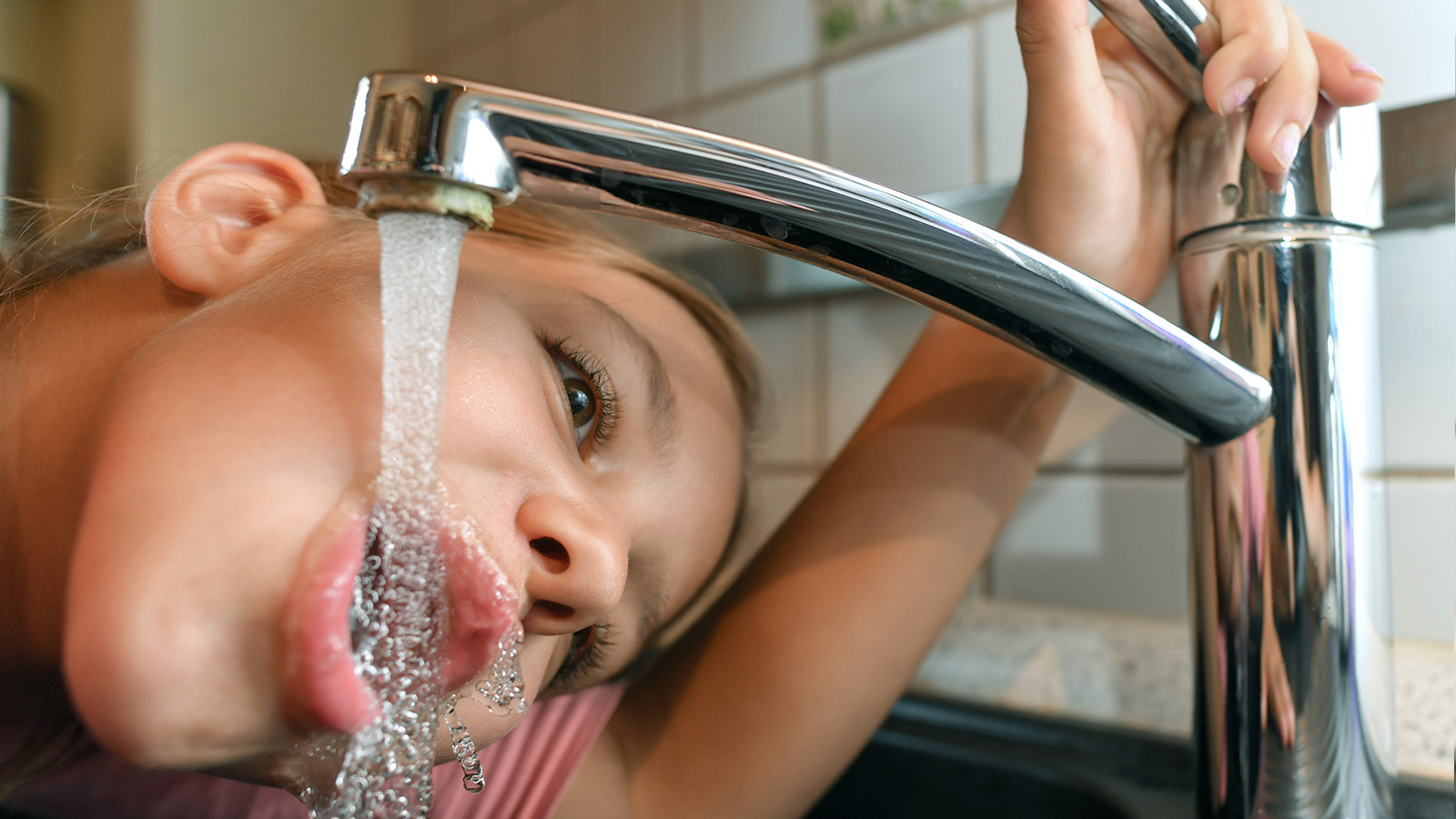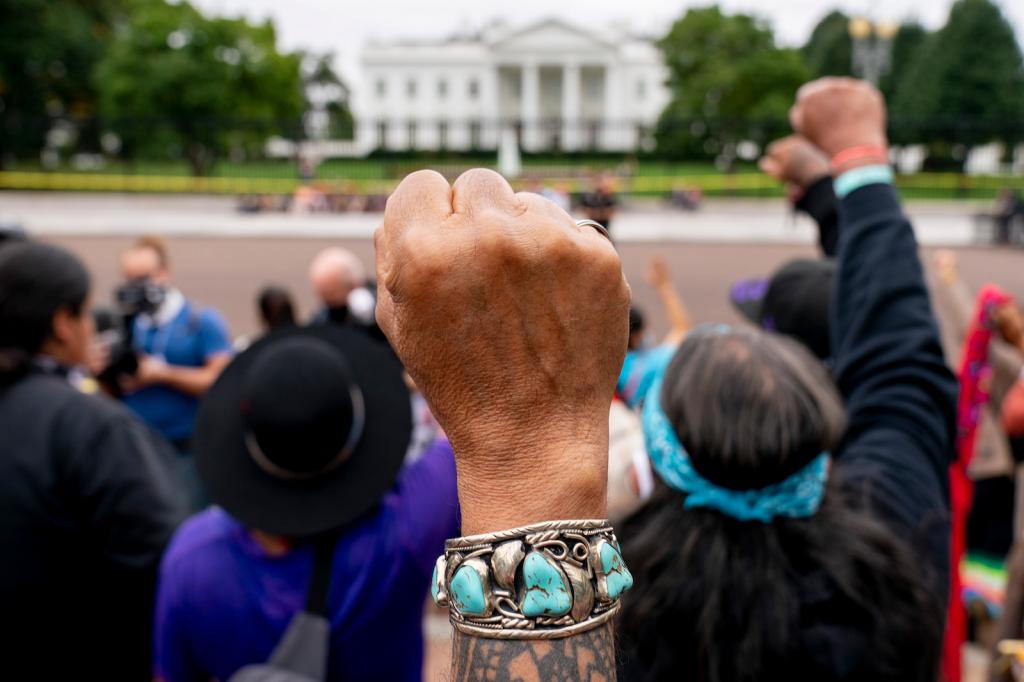This story was originally published by The Guardian and is reproduced here as part of the Climate Desk collaboration.
Joshua Haynes was raised to work hard and take care of his family without asking for outside help. But when the utility bills arrived last month, he knew there would be trouble.
Haynes, 34, a construction worker from Newbern, Tennessee, was left without income after the governor issued a stay-at-home order in early April. As a cash-in-hand builder, he is not eligible to claim unemployment insurance, and the stimulus check still had not arrived.
“I always pay my bills on time, but without work, I just didn’t have the money to cover everything, so I asked for an extension. They said no,” Haynes said.
Haynes, who lives with his wife and three children, managed to get the money just six days after the bill was due, but the city refused to accept the payment unless he also paid a $70 reconnection charge. He didn’t have it, and the charge didn’t make sense as they had not been disconnected. A few hours after his payment was turned down, the taps were turned off, even as the Centers for Disease Control and Prevention (CDC) urged people to frequently wash their hands in order to prevent the virus spreading.
For a week, the family survived on sodas and microwave meals, cleaning their hands with gel and flushing the toilet with buckets of water filled at a neighbor’s.
In the end, Haynes returned to work despite the stay-at-home order so that he could get an advance on his wages to pay the reconnection fee. “It’s wrong what they did, especially with so many people out of work. I felt angry and embarrassed. I’d never missed a bill before … I had no choice but to go back to work,” he said.
Haynes is among a rapidly growing number of working people faced with impossible economic and health tradeoffs during the coronavirus pandemic — which has so far left more than 61,000 Americans dead and 30 million unemployed.
A third of American households — about 120 million people — still risk having their water disconnected and racking up exorbitant fees, despite calls from a coalition of lawmakers and advocates to suspend all utility shutoffs until the country drags itself out of this unprecedented crisis. And while more than 600 localities and 13 states have mandated moratoriums on disconnecting residents since early March, some of these will soon expire as states reopen for business.
In Tennessee, where the energy burden is also very high, the governor has resisted calls for a statewide moratorium, claiming utility companies — like socially distancing residents — can be trusted to do the right thing.
So far, a handful of utilities serving 2.2 million, or 30 percent of Tennessee residents, have suspended shutoffs. None have agreed to reconnect households without running water despite the serious public health threat posed by poor hygiene.
Deborah O’Barr, 62, from Goodspring, has lived without running water since 2016. It’s a complicated situation: She and her husband, Bobby, 63, who are both disabled, bought the house in a private sale, assuming it would be easy enough to get the water reconnected — it was shut off before they moved in because of unpaid bills.
It was not reconnected, and for four years they have relied on a local spring and their son for water to cook with and drink, as well as rainwater for the toilet and cleaning.
According to the local water department’s rules, O’Barr must prove that she is the legal homeowner, and then pay $1,050 for a new meter. But the deeds are still in the name of the previous owner, who is in prison on remand, and even if this could be resolved, O’Barr says she doesn’t have the money.
“It feels like nobody cares. We must be the lowest of the low as far as the water company is concerned. We just don’t matter, not even during a pandemic,” said O’Barr.
They are not the only ones without tap water relying on wells and springs, according to Connie Gatlin, office manager for Minor Hill water utility district. “[Mrs O’Barr] has been aware of the utility’s rules and requirements since 2016. [She’s] waited for the pandemic to bring it up again. It’s up to each [utility] board to decide about reconnections, that’s what the governor said.”
“We need a state moratorium [on shutoffs],” said Brianna Knisley, of the advocacy group Appalachian Voices, who is concerned about the looming recession. “The stay-at-home order expired on April 30, but many people don’t have jobs to go back to.”
Even before the current crisis, water affordability was a growing nationwide problem, after years of price hikes left an expanding number of low-income households struggling to pay bills.
As a result, some public water utilities increased shutoffs, ostensibly to encourage people to pay up on time: About one in 20 households were disconnected in 2016, according to research by Food and Water Watch (FWW). In addition, more than 2 million people do not have indoor plumbing – no running water or flushing toilet.
Nationwide, nobody knows how many Americans were without water at the start of the pandemic — nor how many have been disconnected since.
What is known is that financial aid to help families and utilities keep taps running has so far been excluded from federal rescue packages. The water and sewage industries estimate $26.4 billion in lost revenue, mostly as a result of the industrial and business lockdown — which is fueling concern that small towns may feel forced to sell off their utilities to big for-profit corporations.
“It is appalling that the federal government is still dragging its feet,” said Mary Grant of FWW. “Congress must act in the public’s interests and order a national moratorium on water shutoffs while providing financial relief to our local public water providers. Our communities are in crisis and can’t wait any longer.”



